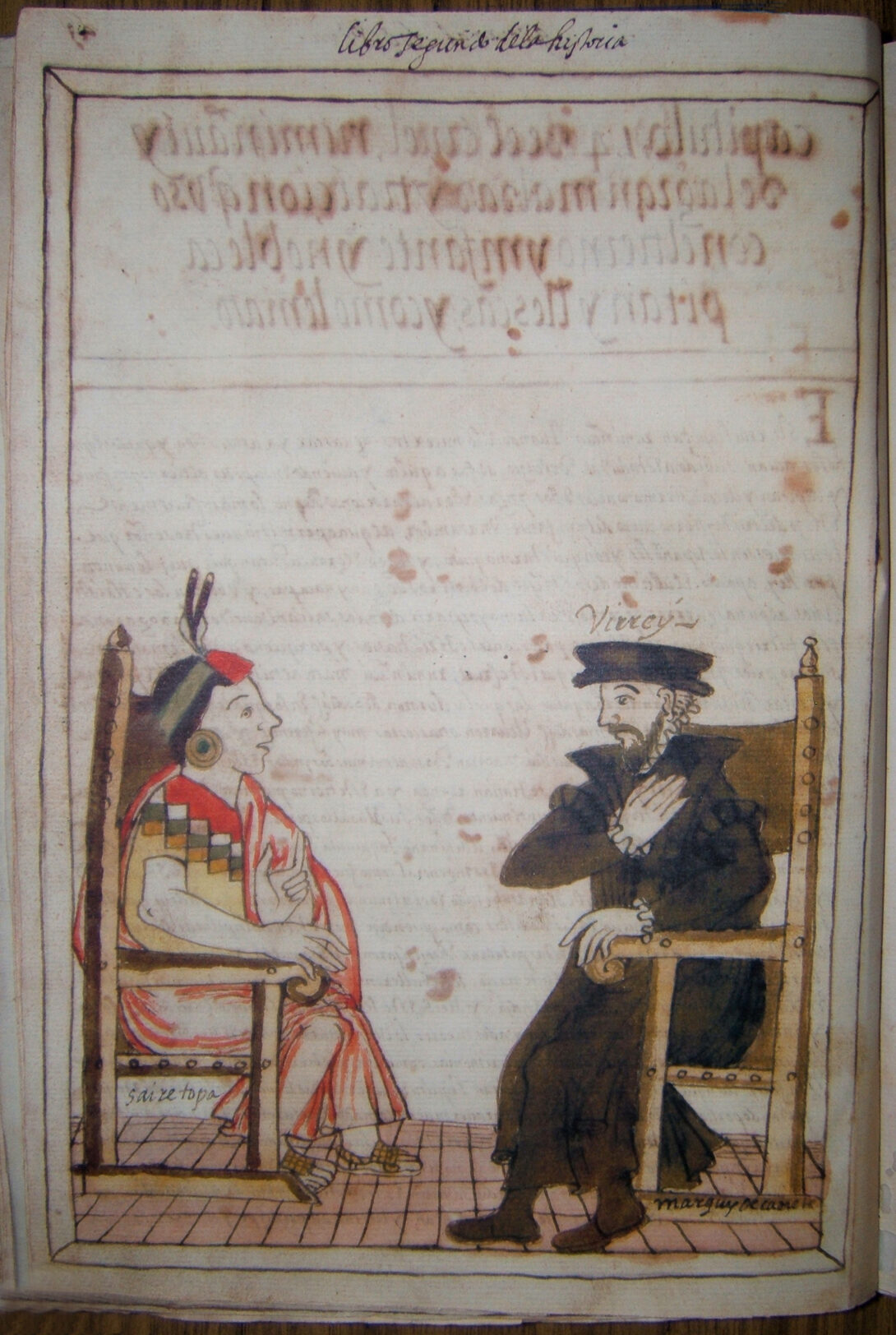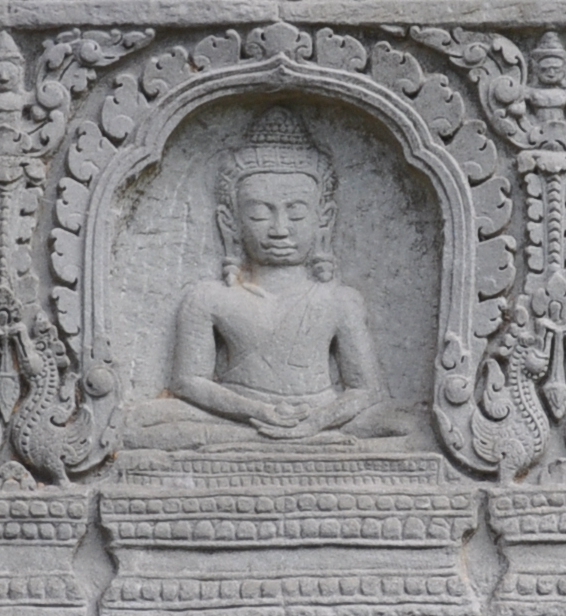Faculty Research Projects
Introduction
Below are some of the ongoing anthropological research projects conducted by our faculty. Undergraduate students intending to complete a thesis and prospective graduate students looking for a potential doctoral advisor are strongly encouraged to contact faculty whose research is of interest to them! Please be aware that the list of projects below is not comprehensive. If you find a faculty member with research interests that align with your own but don't see a project of theirs below, we encourage you to contact them!
Faculty Research Projects
Afro-Feminist Performance Routes
Afro-Feminist Performance Routes is biennial focused residency that continues urgent embodied dialogues around African diaspora dance practices and gender, femininity, womanhood, femme, and feminisms. Since 2016, the weeklong gathering at Duke University espouses an egalitarian space of experimentation and global black presence in African and African diasporic women’s creative work, exploring how Africanist dance arts mobilize feminisms, memory, and decolonizing pedagogies. Cohort members and co-conveners Mario LaMothe and Dasha A. Chapman co-authored the polyvocal essay “Afro-Feminist Performance Routes: Documenting Embodied Dialogue and AfroFem Articulations,” published in Dance Review Journal., August 2021. This project is funded by Duke University.
Dr. Mario LaMothe
Mario LaMothe
Email:
Ancient Cuzco

The Cuzco Valley of Peru was both the sacred and the political center of the largest state in the prehistoric Americas – the Inca Empire. From the seat of government in the city of Cuzco, the Incas ruled at least eight million people in a realm that, at the heights of its power in the fifteenth century A.D., stretched from modern-day Colombia to Chile. Yet, despite its great importance in the cultural development of the Americas, the Cuzco Valley remains greatly understudied. In a series of long running projects, using both archival and archaeological data, Dr. Bauer is addressing a series of critical themes concerning the prehistory of the Cusco region, from documenting the locations of its ancient shrines to understanding the ceramic styles that were produced there during its five thousand years of occupation.
Dr. Brian Bauer
Brian S. Bauer
Phone:
Email:
Industries of Angkor Project (INDAP)

The Industries of Angkor Project (INDAP) is a multidisciplinary investigation into the operational mechanisms facilitating expansion of premodern states, with a specific focus on the role of iron production intensification. Our focus is on understanding how the Angkorian Khmer Empire (9th to 15th c. AD) based in Cambodia became one of the most influential polities in SE Asian history. Since 2009, INDAP has worked in collaboration with the Ministry of Culture and Fine Arts at the Angkorian site of Preah Khan of Kompong Svay (PKKS) and the metallurgical landscape surrounding Phnom Dek in Preah Vihear province. Past funding for INDAP has been through Australian Research Council, National Geographic, National Science Foundation, and Agence Nationale de la Recherche (France)
Dr. Mitch Hendrickson
Mitch Hendrickson
Phone:
Email:
The Sexualities Working Group
The Sexuality Working Group is a gathering of multi-disciplinary scholars, artists, and Vodou practitioners living in Haiti and its diasporas. The group holds a permanent slot in the program of the Haitian Studies Association conference. It brings forward the important cultural work artists and everyday Haitians pursue to create fuller, more creative life possibilities in an increasingly hostile social landscape. We understand gender and sexuality are components of complex social identities and need to be foregrounded when analyzing power and building more just worlds. The Group seeks to learn from Haitians on the ground how they are working within and against their current circumstances and find ways to build transnational education and solidarity initiatives to support their struggles. We recognize that not all Haitians can migrate, and some Haitians dare to stay and exist at home. This project is funded by Haitian Studies Association.
Dr. Mario LaMothe
Mario LaMothe
Email:
The Un/Commoning Pedagogies Collective
The Un/Commoning Pedagogies Collective is a cohort of seven artist-educators committed to centering dance, embodiment, and social justice via their pedagogical work. A key objective of the Un/Commoning Pedagogies Collective is to critically position movement and embodiment as a method for forging anti-racism and collectivity in their classrooms and beyond. In particular, the collective recognizes the urgency of addressing how anti-Black violence and racism take on different shapes and forms. Because they assert that anti-racism is something that must happen collectively, as opposed to as individuals or proclaimed experts, the collective and participants practice anti-racism together, in dialogue, in critique, and with commitment to both embodiment and care.
Dr. Mario LaMothe
Mario LaMothe
Email:
Two Buddhist Towers Project (TBT)

The Two Buddhist Towers project was established to study the archaeological evidence for the transition from Mahāyāna to Theravāda Buddhism within Cambodia’s rich past. Our international team is seeking to address this important issue through a rigorous, multidisciplinary investigation of three distinct yet interrelated aspects of Khmer society at Preah Khan of Kompong Svay (Preah Khan): temples and iconography, settlement, and history. TBT was originally funded by the ACLS Robert H.N. Ho Family Foundation in Buddhist Studies.